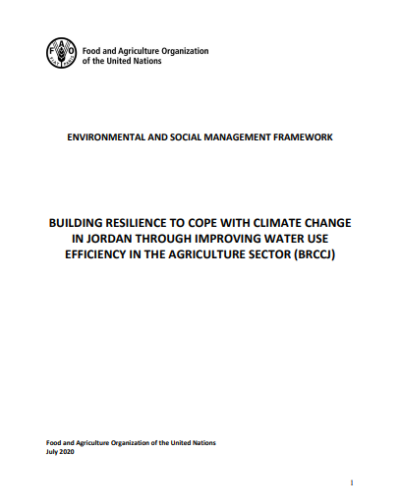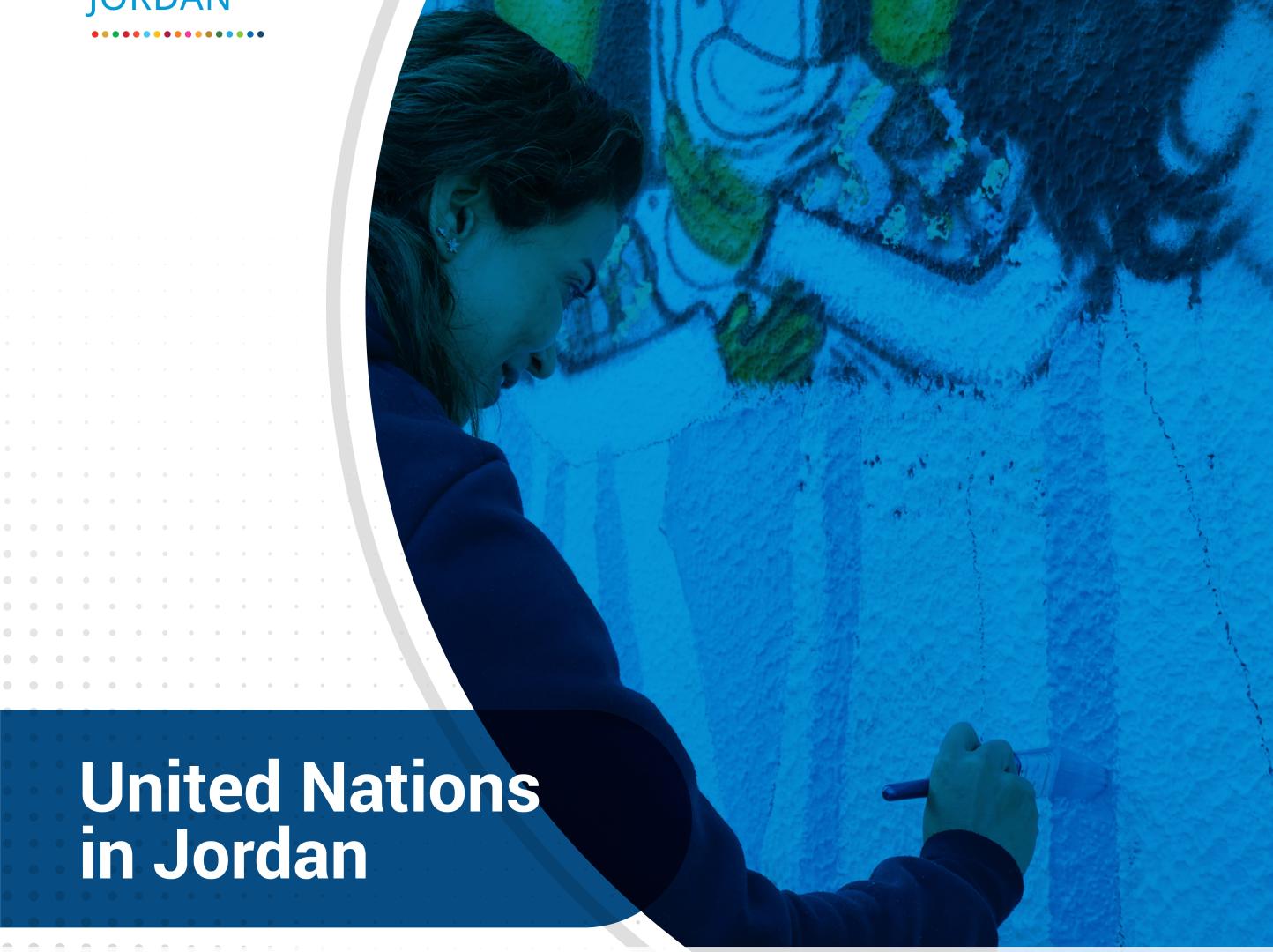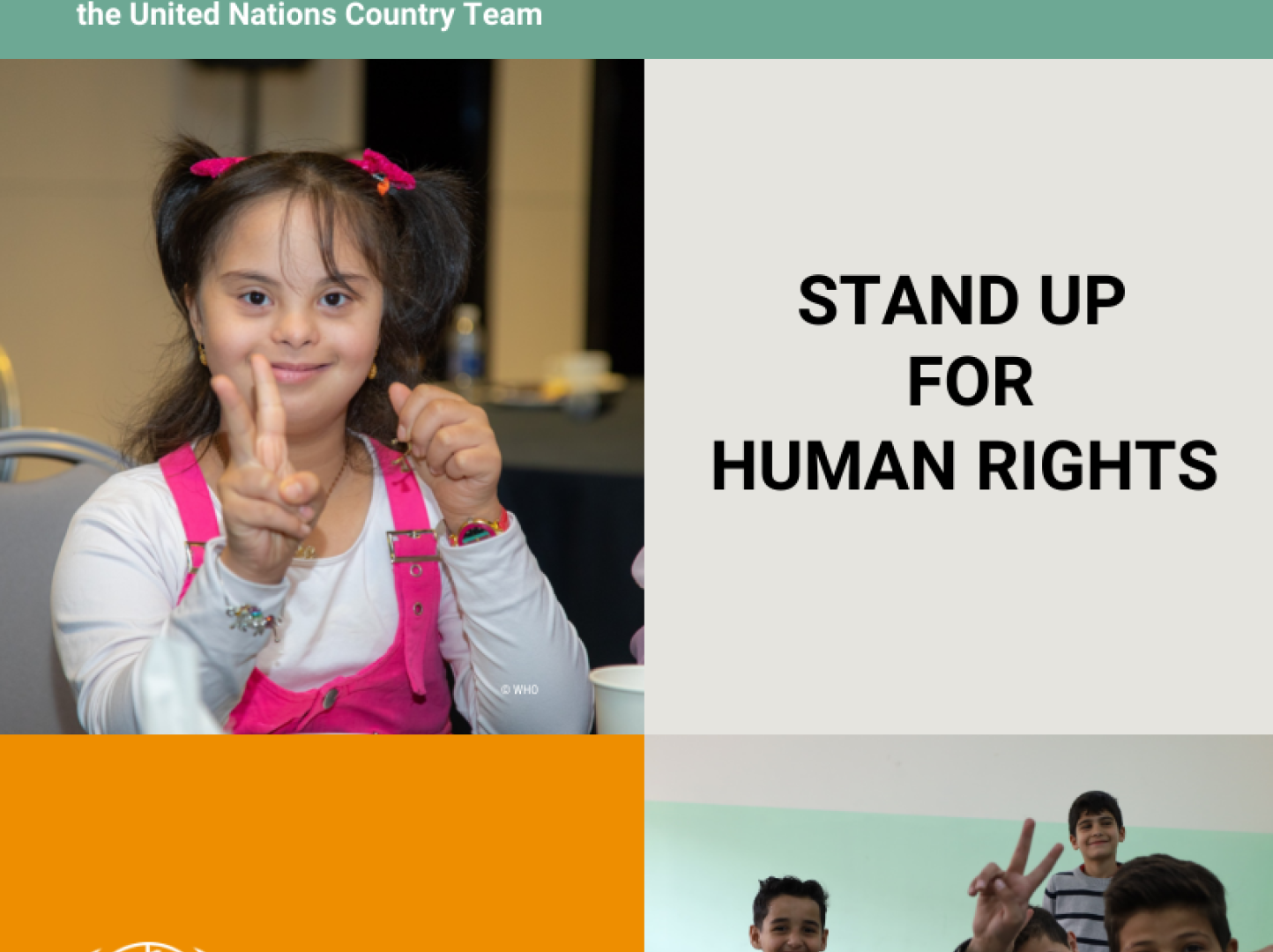Building resilience to cope with climate change in Jordan through improving water use efficiency in the agriculture sector (BRCCJ)

One of the most water scarce countries in the world, Jordan is facing severe climate change risks: climate change has exacerbated water scarcity in the country, impacting both rural and urban household safety and health, livelihoods, and sustainable development.
Jordan’s vulnerability to climate risks has been aggravated by more erratic rainfall patterns, increased temperatures and an unprecedented population increase. Some country sectors are particularly vulnerable to climate risks, such as agriculture; 61 percent of the cultivated land is rainfed. Given the reported exposure, vulnerability and adaptation deficit, four Governorates in the Dead Sea Basin (Karak, Madaba, Talifah and Ma’an) have been selected for project interventions.
The project will support the objectives of Jordan’s climate change policy (2013-2020) by building the adaptive capacity of communities and institutions, addressing the needs of vulnerable groups, and increase the resilience of water management systems as well as that of the agricultural sector to climate change





